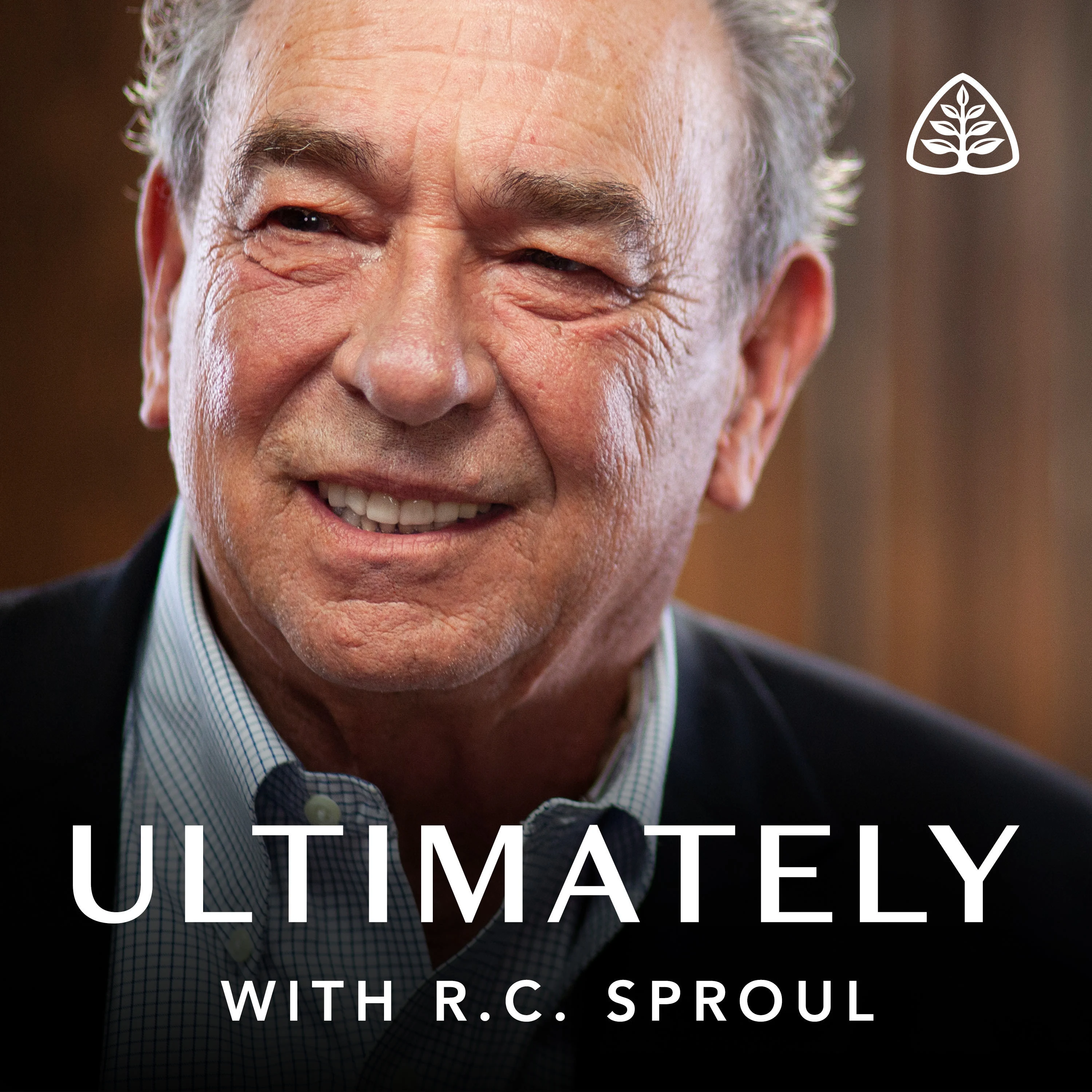The Divine Imperative

By the sheer authority of His command, God called all creation into existence. Today, R.C. Sproul expounds upon the life-giving power of God and His Word.
“Then God said, ‘Let there be light’; and there was light.” The Bible does not give us a detailed description of the “how” of creation. It doesn’t give us a descriptive analysis of the ways and the means that God created, except by calling attention to the fact that God orders, or commands, the universe into being.
Historically, theologically, this is called creation by the divine fiat or by the divine imperative. When God says, “Let there be light,” He’s not saying, “I’m allowing light to exist.” This is a form of translating an imperative. God makes a commandment. He calls the world into existence. The power is in His word. And this notion of divine calling is a notion that runs through all of Scripture from the Old and the New Testaments.
Again, if I may remind you that the means by which Jesus raises Lazarus from the dead is not mouth-to-mouth resuscitation, or artificial respiration, or any kind of manipulation of the corpse. He stands outside of the tomb, inside of which is a body that is already in a state of decomposition, so much so that the Scripture says, “He stinketh.” Four days he has been dead. Christ raises Lazarus from the dead, how? By calling, “Lazarus, come forth.” And where there was death comes life by the power of God’s commandment, the sheer power of His authoritative word.
And throughout the New Testament, we hear about the power of the word of God, the power of the call of God by which He brings into being that which was not, and by His word, He created the world.
And so, our first introduction to the mode of creation is by the authority of God’s commandment.
I think of the play, The King and I, that played for a long time on Broadway and then was made into a major motion picture with Yul Brynner and Deborah Kerr and others. And if you recall, Yul Brynner played the role of the king of Siam, who was very much impressed with his sovereign authority. And in some of the scenes in the play, when his advisors would ask him to issue an order or a decree, he would say, “So let it be said, so let it be done.” Indicating what? That the power of the word of the king was so efficacious that if he said that something should be done, then automatically it was to be done. That’s the kind of authority he had. At his beck and call, at his word kingdoms rose and fell. People were in of jobs and out of jobs, buildings were built or destroyed. So let it be said so let it be done.
Well, of course, in reality, even the Medes and the Persians didn’t have that kind of sovereign authority in their kingdom, but God does have the ability to accomplish things, having them be done by a word: “‘Let there be light’; and there was light.”
Recent Episodes
No Such Thing as a Neutral Education
February 20, 2026|Education
We Must Obey God Rather than Men
February 18, 2026|Ethics
Trust God’s Promises, Not Your Passions
February 16, 2026|Life Issues
Why Humanism Fails
February 13, 2026|Opposing Worldviews
God Needs Nothing
February 11, 2026|The Nature of God
Since God Is Sovereign, Why Evangelize?
February 9, 2026|Evangelism and Missions
